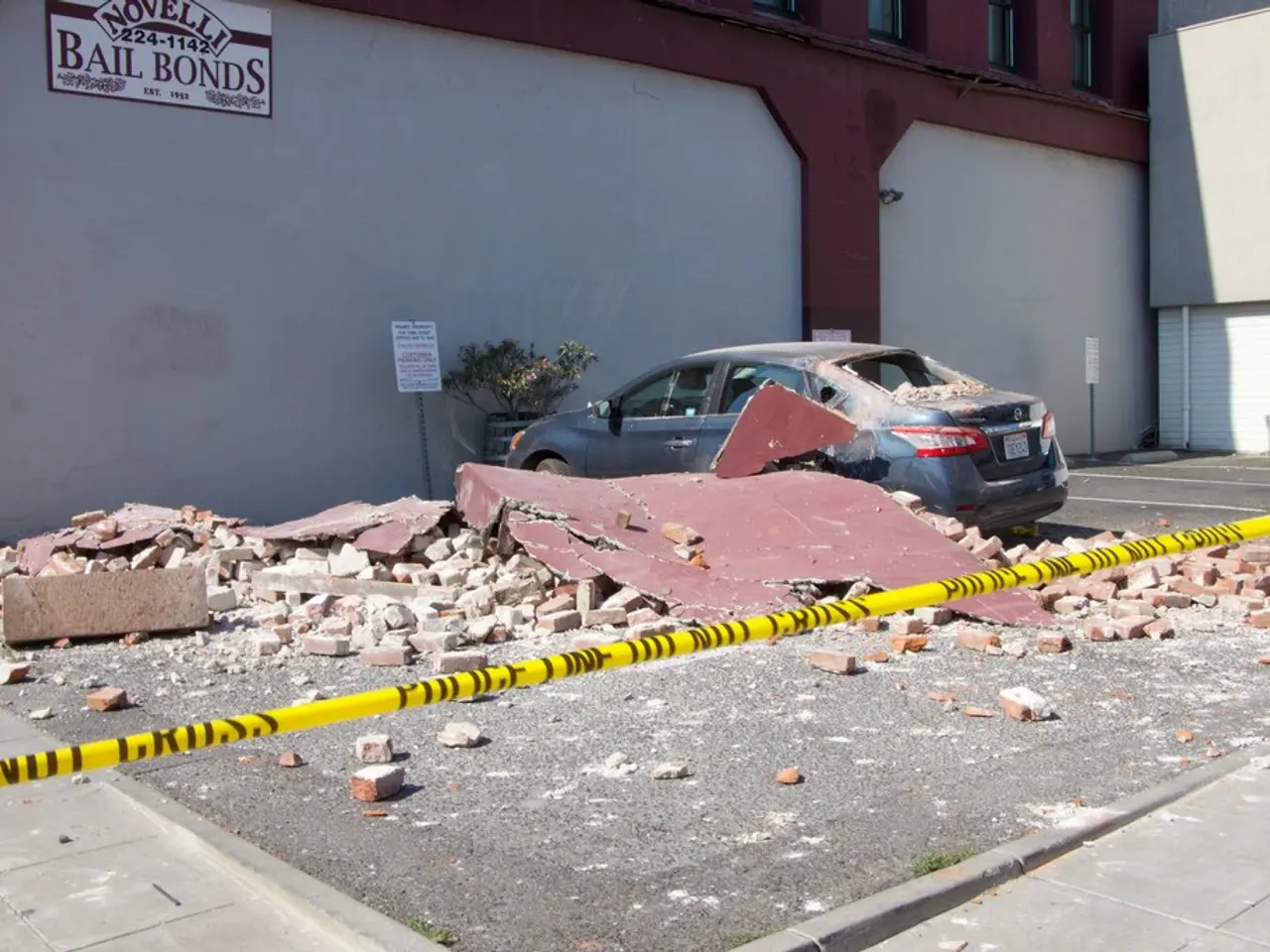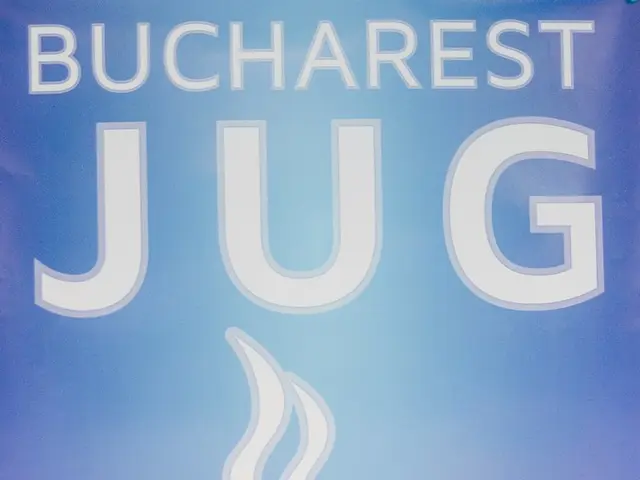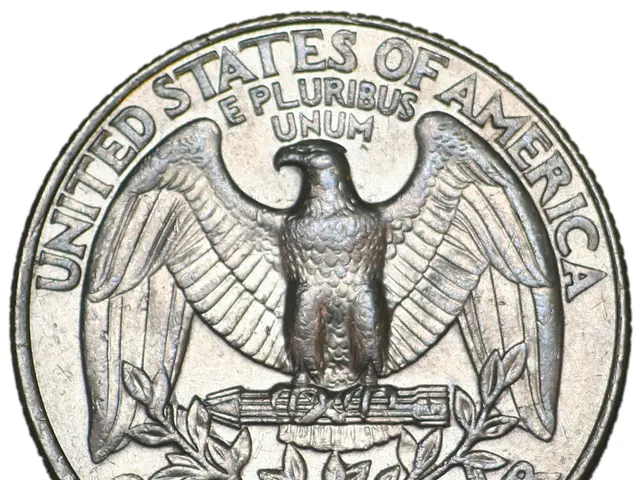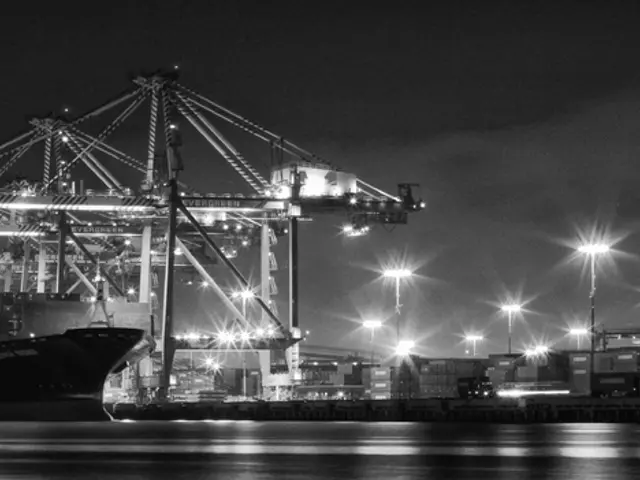Real Estate Market in Doha 2025: Exceptional Sales, 9% Returns, and Major Projects Fashioning the Future
The Doha real estate market presents a mix of high-yield opportunities and certain risks that need to be carefully considered. Investors are advised to adopt a medium- to long-term horizon (5-10 years) to ride out possible short-term oversupply or global shocks, and focus on quality assets in prime locations that best preserve value.
Analysts predict 8-12% annual capital appreciation in premium segments over the next few years. Diversification efforts should gradually reduce dependence on individual sectors, providing a more stable economic base for real estate. This growth will be driven by factors such as the legacy of World Cup infrastructure, foreign ownership liberalization, residency programs, and upcoming demand catalysts like the 2030 Asian Games.
Large projects to keep an eye on include Lusail city, The Pearl, Al Daayan municipality, Al Khor, and Al Wakra. Key factors until 2030 will be the implementation of Qatar's plans, such as infrastructure built for the 2022 World Cup legacy, the 2030 Asian Games, Qatar's tourism strategy, and economic diversification.
Despite these risks, many analysts conclude that Qatar's potential outweighs risks, especially for long-term investors. The government has launched the Real Estate Regulatory Authority and a unified online portal for foreign property ownership to enhance trust and simplify investments. Qatar's legal system provides investor protection with no real estate tax, no VAT on property transactions, and no capital gains tax on sale.
In the residential segment, luxury is expected to slightly outpace others, with a forecasted CAGR around 7.45% by 2030. Villas, which lagged behind apartments in recent years, may show growth (CAGR around 7.36%) as more Qataris utilize housing programs and expat families settle long-term. The commercial real estate market will also grow, albeit slightly slower, with a projected increase from ~$33.1 billion in 2025 to ~$35.1 billion by 2030 (approximately 6% CAGR).
Rental yields in Doha are among the best in the Persian Gulf region, with average yields for residential real estate around 6%, and yields for luxury properties reaching 7-9%. Early 2025 data shows double-digit annual growth, indicating the start of a more sustainable upward trend as the market enters a new growth cycle.
Niche segments like branded residences and green buildings also offer premium income opportunities. The government is also focusing on green building initiatives with 115 LEED-certified projects in Qatar and its own certification system, GSAS.
The prospects for Doha's real estate market to 2030 are cautiously optimistic, with steady growth expected, albeit at a moderate pace. By 2030, the Qatar real estate market should be more mature, balanced, and diversified - less prone to sharp fluctuations as in the past decade, but still offering competitive returns thanks to the country's unique advantages (wealth, stability, and investor-friendly environment).
From a historical context perspective, the market has shifted direction, with a sharp aggregate drop of approximately 26% in value from 2016 to 2020 due to regional disputes and oversupply. However, the government's progressive real estate policy, as outlined in Qatar National Vision 2030, aims to attract $50 billion in real estate FDI by 2030.
Key highlights from Q2 2025 show a surge in transaction volume to QR8.9 billion, a 29.8% year-on-year increase, with 1,915 deals — up 44% from the previous year. Doha municipality leads sales with QR4.8 billion, focusing on prime areas like The Pearl (266 transactions) and Lusail City (125 transactions), attracting significant investor interest.
Urban development is transforming Doha and its municipalities (Al Rayyan, Al Daayen, Al Wakrah) with large-scale master-planned residential, commercial, and leisure projects emphasizing connectivity, transport infrastructure, and sustainability. Lusail City features smart city technologies and luxury mixed-use towers, while Al Wakrah and its subdivisions like Al Wukair and Al Mashaf see strong rental demand due to affordable housing options.
Luxury real estate increasingly integrates smart home technology—centralized controls for lighting, climate, security, biometric locks, and home automation are becoming standard, offering energy efficiency and operational savings. Additionally, eco-conscious design with sustainable materials (bamboo flooring, LED lighting, recycled furniture) and certification to LEED or GSAS standards is reshaping the market, appealing to tenants and investors focused on long-term value and environmental responsibility.
In summary, the Doha real estate market in 2025 is marked by substantial sales growth and transactional activity, expansion of mixed-use, master-planned urban developments with smart infrastructure, rising prominence of smart home technology and sustainability in luxury properties, increasing rental demand, notably in emerging mid-income areas, and supportive government policies and aligning with Qatar National Vision 2030 goals. These factors collectively position Doha as a dynamic market with both investment appeal and evolving living standards.
References: [1] Real Estate Regulatory Authority [2] Qatar Green Building Council [3] Qatar National Bank Research [4] Qatar Real Estate Investment Forum
- The retail, transportation, and finance industries in Doha are poised for growth, heavily influenced by factors such as the legacy of World Cup infrastructure, foreign ownership liberalization, and upcoming demand catalysts like the 2030 Asian Games.
- In addition to the residential and commercial real estate market, niche segments like branded residences and green buildings in Doha offer attractive investment opportunities for long-term investors.
- Despite certain risks, many analysts believe that Qatar's strong economic base, investor-friendly environment, and government initiatives make it an appealing destination for businesses and investors in diverse sectors, including housing, real estate, and the retail industry.
- With the implementation of the Real Estate Regulatory Authority, the unified online portal for foreign property ownership, and the government's focus on infrastructure development, Doha's housing market is progressing towards a more mature and balanced state, providing competitive returns to investors.





